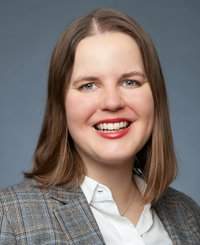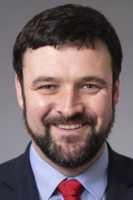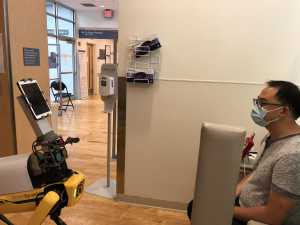Author Interviews, Cost of Health Care, JAMA, Pharmaceutical Companies / 31.08.2022
Fewer New Medicines Available in Germany, Compared to United States
MedicalResearch.com Interview with:
Prof. Katharina Blankart, PhD
Faculty of Economics and Business Administration
University of Duisburg-Essen
Essen, Germany
MedicalResearch.com: What is the background for this study?
Response: Given the high drug prices and policy discussions, we were interested whether the US may miss opportunities from medical innovation in availability of medicines compared to Germany. Since 2011, Germany has a unique way to determine value of new medicines after regulatory approval and to negotiate prices. We aimed to find out differences in availability of medicines in these two countries and timing of availability. We evaluated the differences in timing of availability and to characterize medicines not available to one of the two countries.
(more…)















 MedicalResearch.com: What is the background for this study? What are some of the functions that Dr. Spot can facilitate?
Response: During the COVID-19 pandemic, we wanted to consider innovative methods to provide additional social distance for physicians evaluating low acuity individuals who may have COVID-19 disease in the emergency department. While other health systems had instituted processes like evaluating patients from outside of emergency department rooms or calling patients to obtain a history, we considered the use of a mobile robotic system in collaboration with Boston Dynamics to provide telemedicine triage on an agile platform that could be navigated around a busy emergency department. Dr. Spot was built with a camera system to help an operator navigate it through an emergency department into a patient room where an on-board tablet would permit face-to-face triage and assessment of individuals.
MedicalResearch.com: What is the background for this study? What are some of the functions that Dr. Spot can facilitate?
Response: During the COVID-19 pandemic, we wanted to consider innovative methods to provide additional social distance for physicians evaluating low acuity individuals who may have COVID-19 disease in the emergency department. While other health systems had instituted processes like evaluating patients from outside of emergency department rooms or calling patients to obtain a history, we considered the use of a mobile robotic system in collaboration with Boston Dynamics to provide telemedicine triage on an agile platform that could be navigated around a busy emergency department. Dr. Spot was built with a camera system to help an operator navigate it through an emergency department into a patient room where an on-board tablet would permit face-to-face triage and assessment of individuals.















